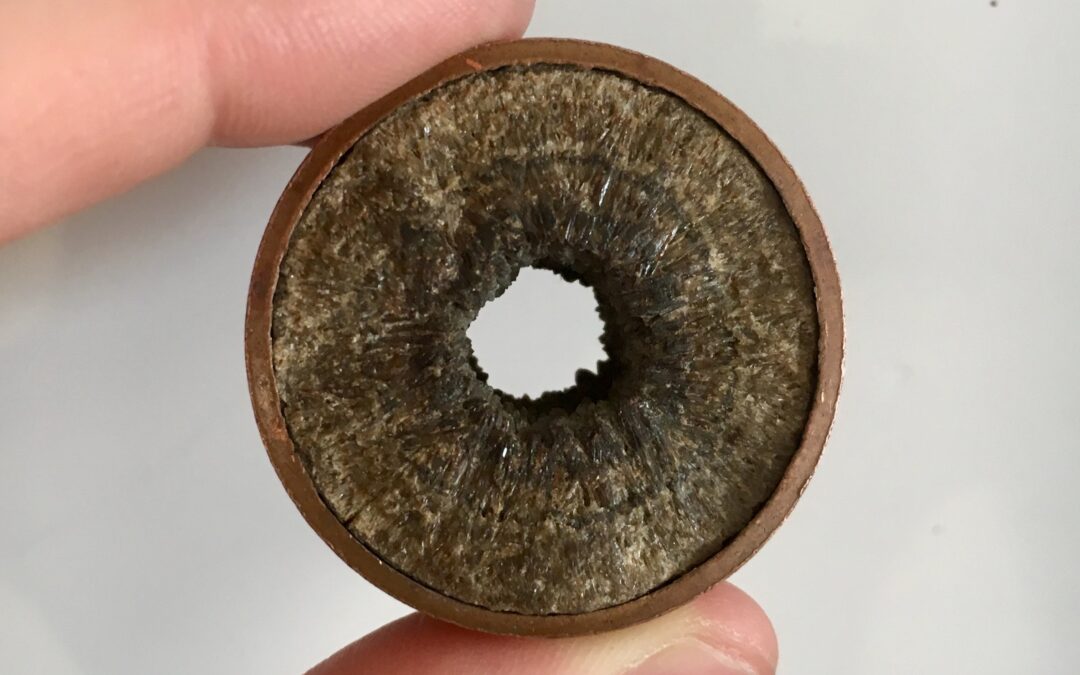You may be surprised to learn that your tap water isn’t so clean.
Most water running into homes throughout the U.S. contains moderate to heavy levels of contamination from industrial and environmental pollution. These contaminants can range from natural minerals (e.g., Iron, Lime, or Calcium) to human-made chemicals and inorganics that slip into the water supply. Unfortunately, only a handful are regulated by drinking water standards. Although these may not cause immediate sickness, they can cause chronic health effects down the road. And while water from a municipal source is treated, it isn’t quite as thorough as you might think.
All the above are reasons why you may want to consider a whole house water filtration system if you don’t already have one. Sure, you could just buy bottled water. But over time, that becomes expensive, not to mention being unfriendly toward our environment. Furthermore, clean water emerging from every water source in the house also means healthier showers and baths, resulting in healthier skin and hair, free of contaminants.
So how does a whole house water filtration system work?
These systems work to remove contaminants from your water through a filter connected to the water line running into your home. The result will be improved quality and better-tasting water routed to every outlet—faucets, appliances, etc. If you’re receiving your water from a municipal system, we recommend using a carbon filtration system that specializes in removing excessive chlorine, odor, and volatile organic chemicals (VOCs). If your water source is a well or a spring, you may need a system catered to removing specific contaminants such as iron, fluoride, sediment, or other bacteria.
If you’re like many of our neighbors with excessive iron in their water, you may also want to install a whole house softener to provide a scale-free environment, eliminate red staining, and make those glasses spotless when they come out of the washer. The water softener won’t work as a filter, so you’ll want to run it in combination with your filtration system.
Finally, if you live in an older residence, keep in mind that water filtration systems only address the water supply flowing into your home. Have “ancient” galvanized pipes? Then your water will still be flowing through a corrosive and contaminated environment. If this is the case, you may want to either install smaller filtration units on your faucets and showerheads or have your local plumber estimate the investment required to replace old pipes—at least in critical sections.
What’s your next step to ensure your water is safe?
Have a professional plumber examine your pipes and test your water. If you decide to pursue a whole house filtration system, the installed price usually starts at $350—a small price to pay for the health and safety of your loved ones.
Want to know the quality of your pipes and water? Contact the experts at Agentis. We’re ready to help!

